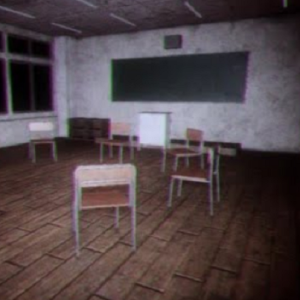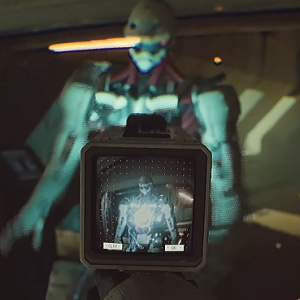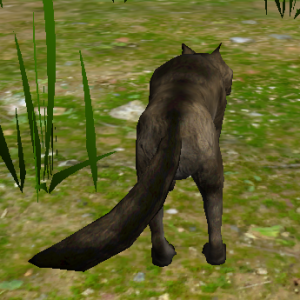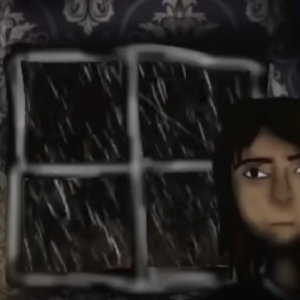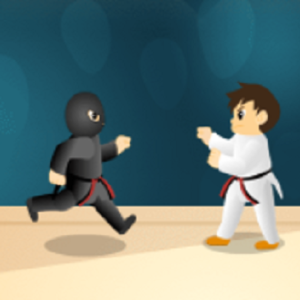Similiar games
Peta Peta: School of Nightmares focuses heavily on structured navigation and survival mechanics within a confined space. Players are placed inside an abandoned school building where their main goal is to locate a series of key items that unlock exit routes. Each level is built around specific objectives that must be completed in a set order while avoiding threats that patrol the environment. Movement through the building is non-linear, requiring backtracking and exploration under time pressure. The absence of traditional combat systems means players must rely entirely on stealth, planning, and speed to survive.
Stealth, Sound, and Risk Management
One of the core systems in Peta Peta: School of Nightmares is the use of sound and movement to influence enemy behavior. Players must walk slowly or crouch to minimize noise, while running becomes a last resort only when immediate danger is unavoidable. Environmental traps and noise-sensitive events are placed strategically across the map, forcing players to plan their routes carefully. Learning the patrol patterns of hostile entities is essential, as most threats cannot be outrun if encountered directly. Mistimed actions, like slamming doors or activating noisy switches, greatly increase the chance of detection.
Puzzle Solving Under Pressure
Progression in Peta Peta: School of Nightmares is tied to solving logical and spatial puzzles scattered throughout the building. These puzzles often require gathering multiple components from different areas before activation. The time needed to complete puzzles creates tension, as players are vulnerable during these moments. Some puzzles involve memorizing patterns, while others demand finding hidden keys or assembling broken mechanisms. Solutions are randomized in certain difficulty modes, ensuring that memorization alone is not enough for repeated success. Efficiency and quick decision-making are critical during puzzle-solving sequences.
Level Progression and Difficulty Scaling
Levels in Peta Peta: School of Nightmares are structured to introduce new mechanics gradually. Early sections allow players to familiarize themselves with basic movement, while later stages introduce tighter patrol routes, faster enemies, and more complicated environmental obstacles. The Hard and Super Hard modes modify enemy speed, hearing range, and puzzle difficulty, significantly changing how players must approach each situation. In higher difficulties, resources like safe rooms become rarer, and mistakes carry heavier consequences, making risk assessment even more important.


